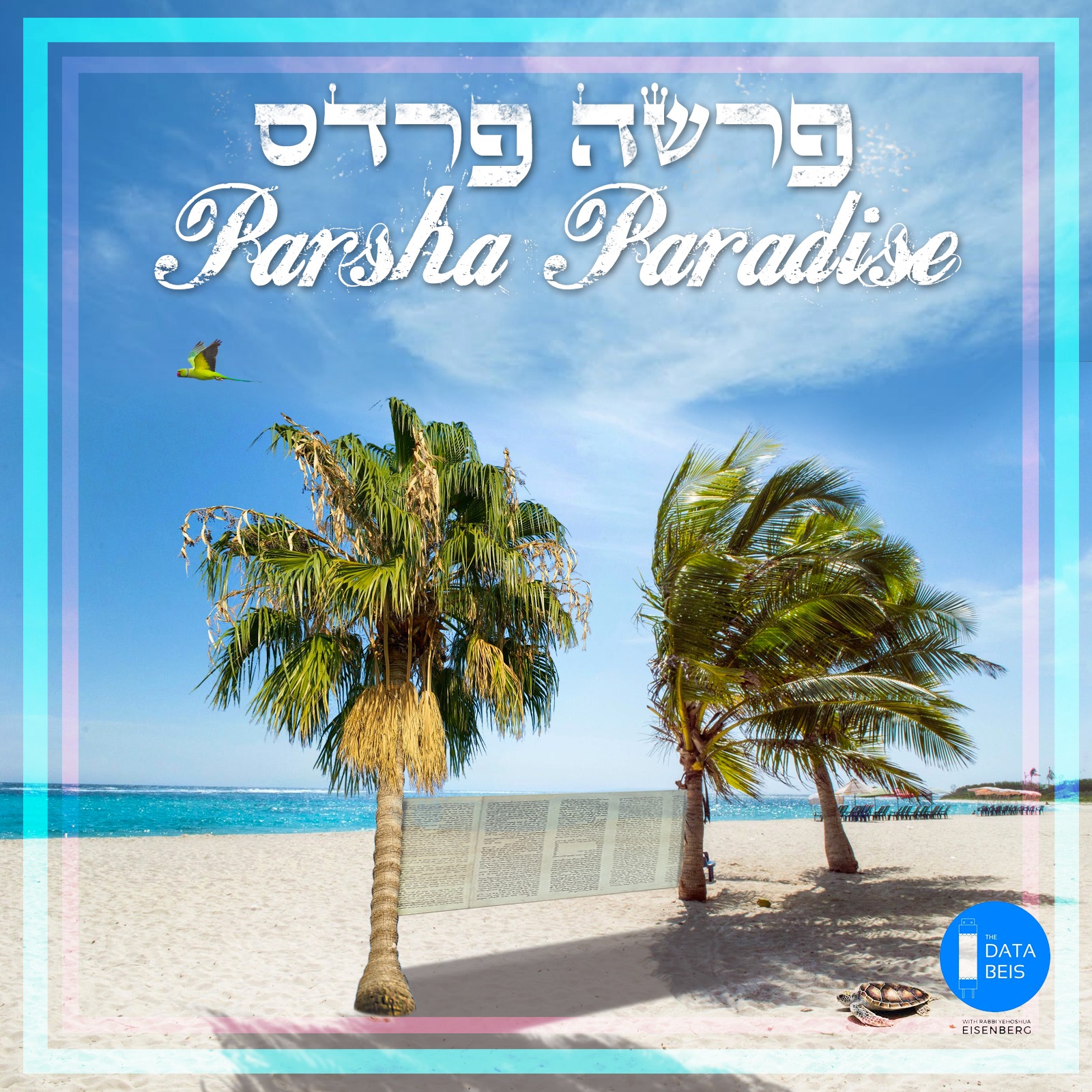This D’var Torah should be a Zechus L’Ilui Nishmas my sister, Kayla Rus Bas Bunim Tuvia A”H, my maternal grandfather Dovid Tzvi Ben Yosef Yochanan A”H, my maternal grandfather Dovid Tzvi Ben Yosef Yochanan A”H, my paternal grandfather Moshe Ben Yosef A”H, my paternal grandmother Channah Freidel Bas Avraham A”H, my uncle Reuven Nachum Ben Moshe & my great aunt Rivkah Sorah Bas Zev Yehuda HaKohein,
It should also be in Zechus L’Refuah Shileimah for:
-My father Bunim Tuvia Ben Channa Freidel
-My grandmother Shulamis Bas Etta
-MY BROTHER: MENACHEM MENDEL SHLOMO BEN CHAYA ROCHEL
-Mordechai Shlomo Ben Sarah Tili
-Noam Shmuel Ben Simcha
-Chaya Rochel Ettel Bas Shulamis
-And all of the Cholei Yisrael, especially those suffering from COVID-19 and the Meiron tragedy.
-It should also be a Z’chus for an Aliyah of the holy Neshamos of HaRav HaGa’on V’Sar HaTorah Shmaryahu Yosef Chaim Ben HaRav Yaakov Yisrael Kanievsky A”H, Dovid Avraham Ben Chiya Kehas—R’ Dovid Winiarz ZT”L, Miriam Liba Bas Aharon—Rebbetzin Weiss A”H, as well as the Neshamos of those whose lives were taken by terrorists (Hashem Yikom Damam), COVID-19, and the Meiron tragedy.
-It should also be a Z’chus for success for Tzaha”l as well as the rest of Am Yisrael, in Eretz Yisrael and in the Galus.
בס”ד
The rest of my audio content can be found here:
https://jewishpodcasts.fm/thedatabeis/33771
Parsha Paradise/פרשה פרדס – Sh’mini: Were Nadav & Avihu Warned? ??
https://jewishpodcasts.fm/thedatabeis/34097
The Torah relates the tragic deaths of Nadav and Avihu when they offered “אֵ֣שׁ זָרָ֔ה אֲשֶׁ֧ר לֹ֦א צִוָּ֖ה אֹתָֽם” [Vayikra 10:1]. Translated loosely, it was an “alien fire which He had not commanded them.” It was an unauthorized offering that merely hadn’t been asked of them. But, was it merely a novel ritual they had performed, one that hadn’t ever been addressed prior? Or was this perhaps an open violation of a warning issued to the nation?
P’shat:
From the simple read offered by most, Rashbam and Ibn Ezra among them, Nadav and Avihu had merely volunteered an Avodah that were not authorized/given permission to do…
Remez:
However, Ba’al HaTurim and R’ Shmaryahu Yosef Chaim Kanievsky (ZTz”L) suggest a Remez suggesting that Hashem had in fact forbidden them, if not explicitly, at least implicitly.
Ba’al HaTurim reads the words “אֲשֶׁ֧ר לֹ֦א צִוָּ֖ה אֹתָֽם,” not as “which He had not commanded them,” but as “that which He had commanded them ‘No.”” In other words, they had been warned, “No, don’t do it.” When? In Parshas Tetzaveh [Shemos 30:9], the Torah forbade everyone from offering an Ketores Zarah (alien incense).
R’ Chaim Kanievsky explains that this is why the word “לֹ֦א” in our verse is read with the Trop/Ta’am/Cantilation note of a “Mercha Kefula,” a doubled note. The Torah intended both readings of our verse, that Nadav and Avihu offered not just an unauthorized service, but a forbidden service.
But, why are both readings important? If it was forbidden, isn’t that worse than if it were merely unauthorized? Hold that thought.
Drash:
Although many explanations for the sin of Nadav and Avihu are suggested Al Pi Drash, the most basic approach offered by Rashi in the name of Chazal is that they issued P’sak Halachah in front of Moshe Rabbeinu and did not ask for guidance or instruction [Sifra, Eiruvin 63A].
They were not given the go-ahead, yet they went ahead.
Sod:
Now lest we think that Nadav and Avihu were just unworthy individuals with awful intuition, the Megaleh Amukos [90:1] puts the notion to rest. At the end of the Torah, when Moshe Rabbeinu prayed that Hashem allow him passage into Eretz Yisrael, he asked: “E’brah Na”-“Please let me pass,” [Devarim 3:25]. Megaleh Amukos explains that the word “Na” (“please”) is an abbreviation for Nadav and Avihu who, he explains, died via Neshikah or the kiss from Hashem, and not just a natural death as result of sin.
Indeed, Nadav and Avihu were holy, larger than life individuals, but they acted inappropriately and overstepped a boundary. Where they went wrong is telling.
Did they merely concoct a novel ritual or did they violate an explicit command in the Torah? Both readings are simultaneously available. On the one hand, perhaps, they thought their religious vigor was acceptable albeit ambitious and novel. And maybe, theoretically, their Avodah could have been intrinsically worthy. But, had they asked the leading Poseik of their time, it would have been clear that their Avodah was inconsistent with Torah precedence and Ratzon Hashem. It was “Zarah,” foreign. Yes, it was unauthorized and novel, and that is what was forbidden about it. It’s tricky. Creativity is beautiful and perhaps encouraged except for when and where it’s not. And when it’s not, the consequences could be dire.
We should be Zocheh to serve Hashem the in a way that is acceptable and He should accept our earnest and careful Avodah and respond with the deliverance of rhe Geulah, Bimheirah BiYomeinu! Have a Great Shabbos Parah/Mevarchim Nissan!
-Yehoshua Shmuel Eisenberg

